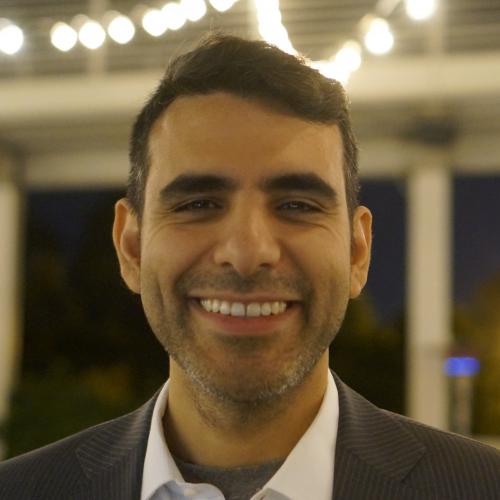Statistical Applications in Criminology and Criminal Justice Lecture Series
Building and Evaluating Prediction Algorithms Using Python
Dr. Zubin Jelveh
Wednesday, November 7th
11:00am – 1:00pm
Wellford Conference Room
Advances in the science of statistical learning and the increasing availability of large administrative datasets have inspired a growing attention to the potential applications of predictive analytics in Criminology and Criminal Justice. Using the power of prediction, resource constrained agencies aim to make more accurate decisions about pre-trial release, offer protective services to those at greatest risk of re-victimization, divert young men most likely to be involved in shootings, or intervene early with police officers to prevent potential police misconduct.
In this SACC lecture, we will demystify how these models are built in practice by walking through a demonstration in the Python programming language. We'll highlight the challenges and latest efforts in evaluating whether the use of these prediction tools improves upon business as usual in criminal justice agencies. Time permitting, we'll explore the fairness implications of using data that has been filtered by potentially biased human decisions to build these models.



